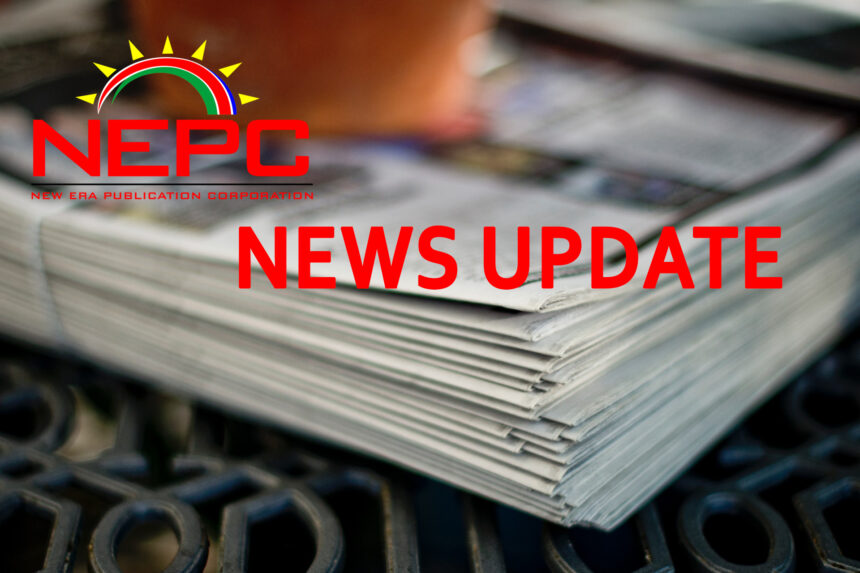A cow-calf producer derives their primary income from the number of calves born into the herd each year, and one of the major limiting factors to this endeavour is bull breeding soundness or simply put, its lack of fertility.
Bulls are single-handedly responsible for 50% of your herd’s fertility, and it therefore makes sense for farmers to actually ensure that their bulls are functioning optimally, both in terms of being fertile and disease-free, because it can sire up to 25-40 calves per year, and have great impact on herd productivity.
Keeping an unsound bull can be a costly business exercise or way of farming. Just imagine buying an expensive bull of N$50 000, and you bred it into your herd, expecting good calving rate, and only experience that 7 out of 27 cows actually gave birth because of suboptimal semen quality and abortive diseases introduced into your herd by this new bull.
That’s a massive loss of N$100 000 assuming that you could have sold each of the calves for
N$5 000. Now compare that N$100 000 loss to an average bull fertility test, which cost around N$800 to N$2 000.
A bull is breeding sound if he does not pose a health risk to the herd via disease transfer, free of heritage defects and is able to impregnate a specified number of animals in a given timeframe.
The bull greatly influences the calves’ birth weight, which then plays a role in birth difficulty (Dystocia) and that means selecting the right bull with the correct genetic material is crucial. When buying any bull please make sure it is accompanied by a signed veterinary soundness certificate because I have had to attend to many cases where I had to test a bull for fertility after a year of poor calving rate. Imagine the amount of money a farmer lost in just that year alone.
Therefore, it is important to do these examinations when the bull has reached maturity age, because if done too young, we risk unfairly failing a bull due to immaturity, and not necessarily poor soundness. We normally test bulls from two-and-a-half years, although some are done earlier, while nutrition and other factors may well necessitate delaying examination beyond this time in certain instances.
A soundness evaluation involves physical assessment. A bull must have sound eyesight, joints, teeth and feet. The soundness of joints and feet is demonstrated by the capacity of a bull to move freely without signs of lameness or joint and muscle stiffness.
The penis, sheath and testicles must be examined for obvious damage or abnormalities. A more detailed examination of the testicles includes assessment of the relative testicle size and tone, plus measuring the scrotal circumference.
The scrotal circumference indicates the combined testicle size, and is one of the easiest ways to estimate a bull’s reproductive potential. Larger testicles of a normal tone have a greater capacity to produce semen and inseminate a larger number of cows. Because testicle size is highly heritable, larger testicles in yearling bulls are associated with early puberty and increased fertility in female relatives.
Semen quality which involves the semen morphology and additional lab testing for diseases such as Trichomonosis, BVD, Campylobacter foetus (vibriosis), Brucella ovis and melitensis in small stock are also other ways of determining bull breeding soundness.
Some abnormalities are unlikely to be detected, resulting in the bull being certified breeding sound, despite it being sub-fertile or infertile.
For example, a bull with poor libido and a functional penile defect such as short penis or erectile failure are some categories of infertile bulls. So, please get your bulls tested now.
*For enquiries or suggestions on any topic that you would want covered, please reach out at punamuza22@gmail.com or WhatsApp me at +264 81 723 4553.


